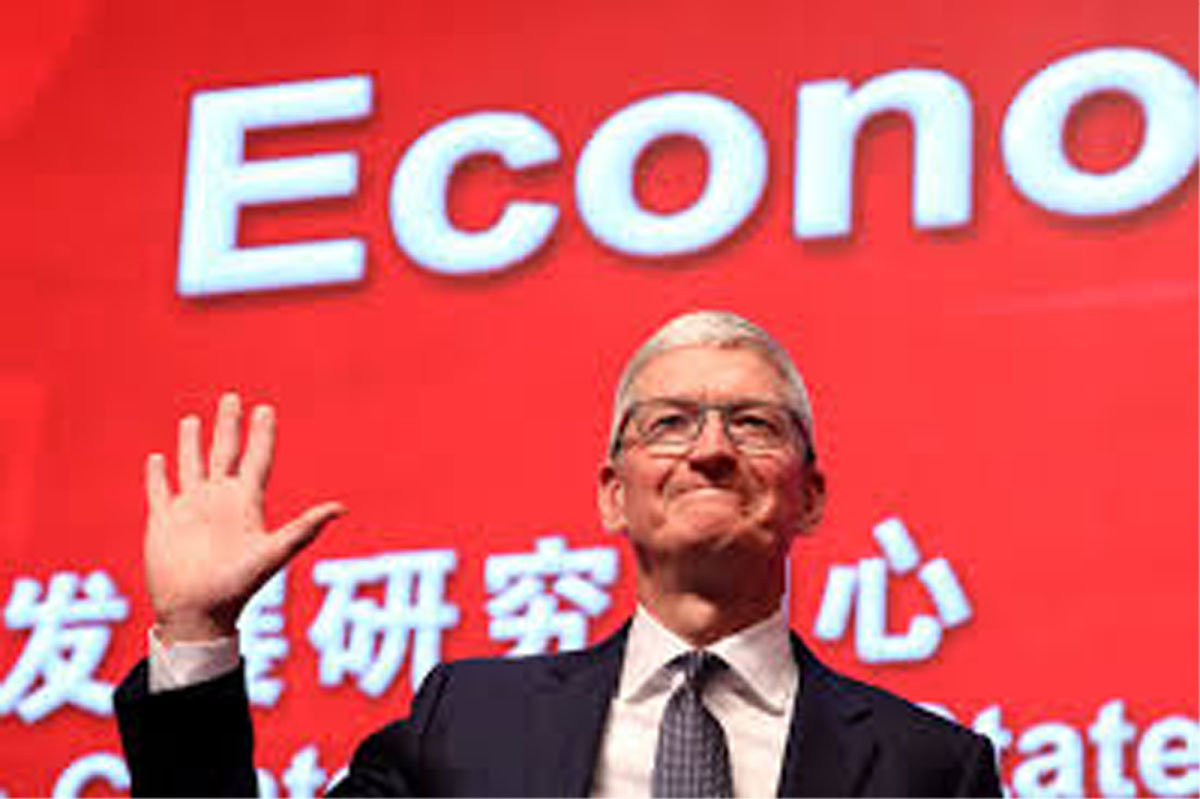BEIJING, May 23: Looking for ways to hit back at Washington as a tariff fight escalates, President Xi Jinping and his economy czar visited a Chinese factory that processes rare earths ? exotic minerals used in electric cars, mobile phones and other technology.
Rare earths are “an important strategic resource,” the official Xinhua News Agency cited Xi as saying.
The message was clear: China’s role as the main global supplier of rare earths used in smartphones, lightweight magnets, batteries and other components is leverage over Washington.
And China’s sway could extend much further into the US technology sector, particularly to Apple and other companies that rely on Chinese manufacturing.
Until now, Beijing has tried to look restrained in its fight with President Donald Trump over technology and trade. It has responded to US tariff hikes by imposing penalties, but usually on a smaller number of American imports.
As the two sides dig in for what may be a long fight, Xi’s visit suggested his government is looking for new ways to pressure Washington to settle. Investors are already fretting that Beijing will eventually try to limit, or even choke off, Apple’s iPhone production and sales in China. That threat has triggered an $80 billion loss in shareholder wealth so far this month.
“There is rampant fear that Apple has a target on its back, and China is getting ready to fire,” Wedbush Securities analyst Daniel Ives said.
While Beijing has an array of options for disrupting trade, they carry economic and political costs. And there is no guarantee they will work.
China’s first retaliatory tariffs aimed to undermine Trump politically by targeting farm states that backed him in the 2016 election. Undeterred, Trump hiked duties on more Chinese imports. Then Beijing hit manufacturers, who lashed out. He pressed ahead.
If they want results, Chinese leaders might need to hit him where it hurts, by depressing U.S. stock prices, said Derek Scissors, a China specialist at the American Enterprise Institute in Washington.
It isn’t clear how that can be done, Scissors said in an email, “but the president is sensitive to extended market weakness.” Apple’s vulnerability to stock-price declines most likely has not gone unnoticed in Beijing. (AP)
Accompanied by his top economic adviser and lead trade envoy, Xi visited JL MAG Rare-Earth Co. Ltd. in the southern province of Jiangxi on Monday, according to reports that made no mention of the fight with Trump.
Nationalists see China’s position as the biggest miner and processor of rare earths as a potent weapon in disputes with the United States, Japan and other governments.
China has about 30 per cent of global deposits but accounts for almost all production.
The United States, Australia and some other countries also have rare earths, which include 17 elements such as yttrium and scandium. But their output dwindled in the 1990s, when Beijing flooded global markets with low-cost supplies as it built up an industry to process ores and make lightweight magnets and other products.
Now producers of electric cars, smartphones, solar power equipment and other technology rely on China for rare-earth components.
In 2010, some people in the rare-earth industry said shipments to Japan were suspended after Tokyo detained a Chinese skipper who rammed Japanese Coast Guard boats in a disputed area of the East China Sea. Beijing denied it was curbing exports in retaliation.
The skipper and his crew were released without charges, and nationalists began to view rare earths as a weapon.
Still, supply disruptions might alienate customers and energize political pressure to expand rare earths production in the United States and other countries.(AGENCIES)


